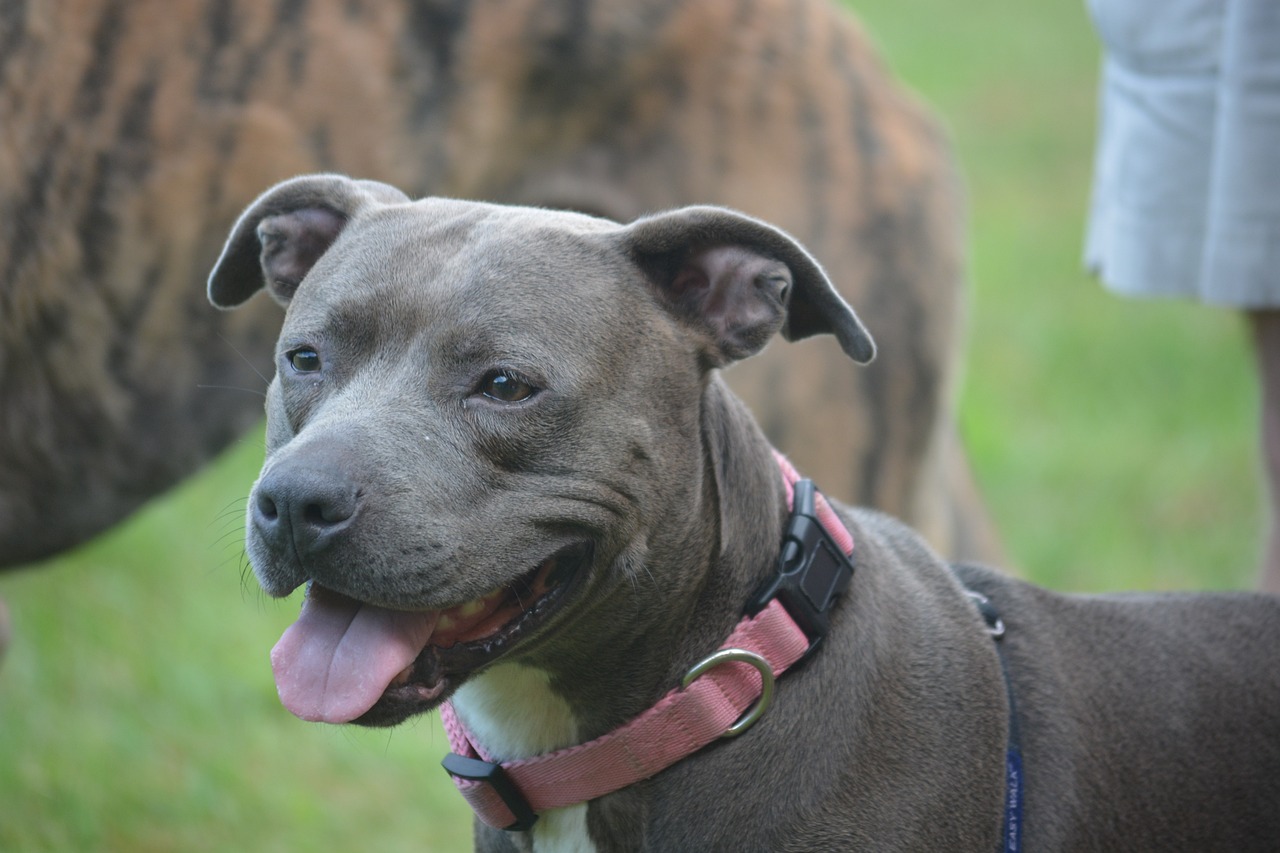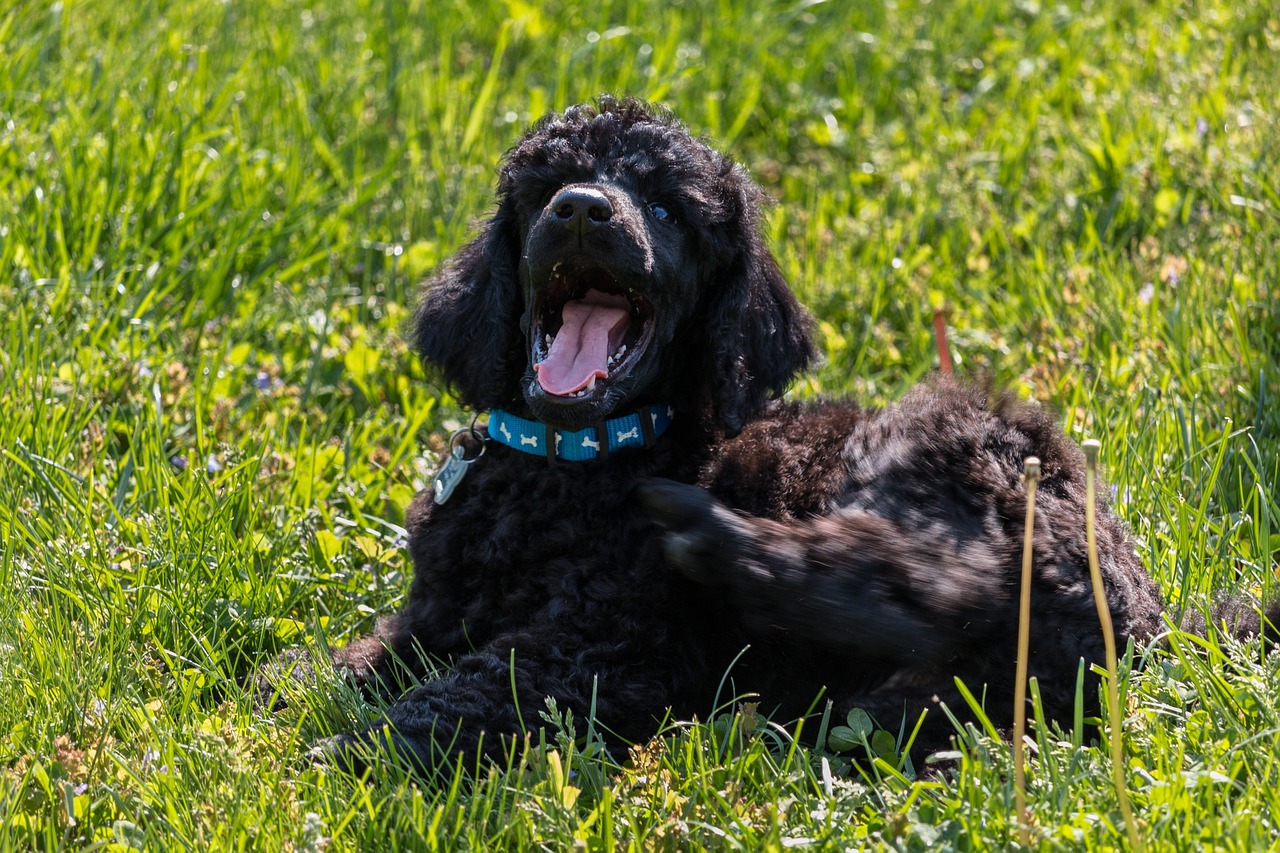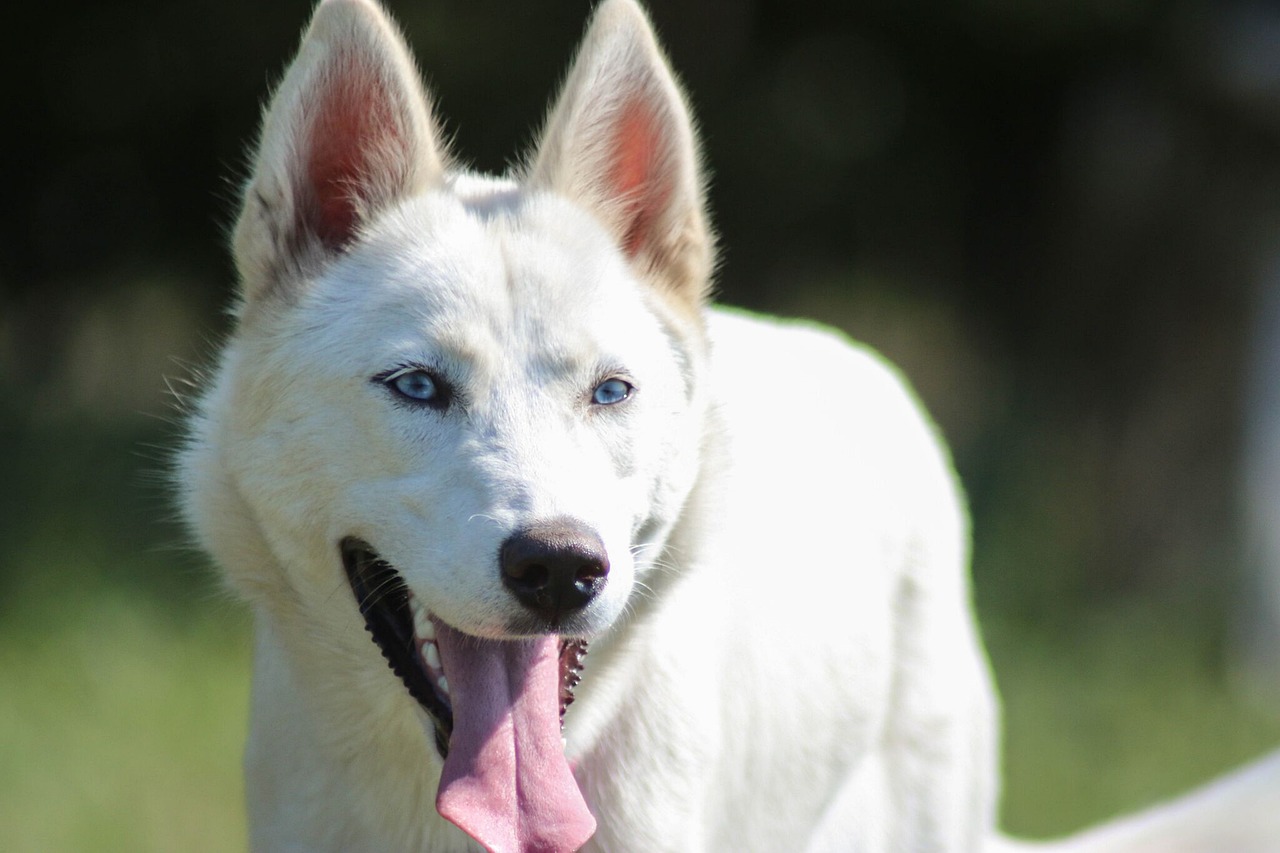Adopting a dog is a lifelong commitment that, unfortunately, not everyone is prepared for. Various circumstances such as lifestyle changes, financial difficulties, or behavioral issues can lead to dogs being surrendered to animal shelters. Certain breeds, due to their size, energy levels, or health issues, are more likely to end up in shelters than others. This phenomenon often stems from a mismatch between the dog’s needs and the owner’s expectations. Recognizing which breeds are most commonly found in shelters can help potential dog owners make more informed decisions about the breed that best suits their lifestyle. It also highlights the need for prospective owners to understand fully what is involved in caring for different types of dogs. Here, we explore 15 dog breeds that are most likely to end up in shelters and discuss the reasons behind this trend.
1. Pit Bull Terrier
Pit Bull Terriers are perhaps the most prevalent breed found in shelters across the United States. Originally bred for bull-baiting and later as farm dogs, they are powerful and energetic. Despite their loyalty and affectionate nature, Pit Bulls often suffer from a stigma that labels them as aggressive, making it difficult for shelters to rehome them. Moreover, breed-specific legislation in several areas bans or restricts the ownership of Pit Bulls, further complicating their adoption prospects. Many owners also underestimate the commitment required to properly train and exercise this breed, leading to behavioral problems that result in them being surrendered.

2. Chihuahua
Chihuahuas are another breed frequently seen in shelters, partly due to their popularity in the media and among celebrities. While they are small and seemingly ideal for compact living spaces, Chihuahuas can be quite temperamental and require a lot of attention and care. They are also prone to barking and can be aggressive if not properly socialized, traits that often lead to frustration for owners who might not expect such challenges from a small dog. Their size and perceived cuteness also lead to them being purchased without sufficient consideration of their needs.

3. Labrador Retriever
As one of the most popular breeds in the world, Labrador Retrievers are also commonly found in shelters. Their friendly and energetic nature often leads people to adopt them without realizing the amount of exercise and space they require. Labs are also prone to certain health issues that can become costly, another reason they are frequently surrendered. Despite their adaptability, the sheer number of Labs means more end up in shelters, particularly when bred irresponsibly.

4. German Shepherd
German Shepherds are revered for their intelligence and versatility, but these same traits can lead to their downfall in a home not prepared for such a dynamic breed. They require significant mental stimulation and physical exercise to avoid developing destructive behaviors. Additionally, German Shepherds are often used for security purposes, and once they are no longer needed, or if they fail to meet the rigorous demands of such roles, they are abandoned or surrendered to shelters.

5. Boxer
Boxers are playful and energetic, with a good dose of curiosity. However, they require a lot of exercise and can be overly exuberant, which might overwhelm owners who are not prepared for such high energy levels. Their strong build and lively nature necessitate consistent training from an early age. Boxers also have various health concerns, including cardiac issues and cancers, which can lead to high medical bills, another common reason for their surrender.

6. American Bulldog
The American Bulldog is a strong and determined breed, often turned over to shelters due to aggressive tendencies if not properly trained and socialized. They can be dominant and protective, traits that require an experienced owner. Additionally, misconceptions about their temperament similar to that of Pit Bulls often make it harder for them to be adopted once they end up in a shelter.

7. Cocker Spaniel
Cocker Spaniels are generally sweet and gentle, but they require extensive grooming and are prone to various health issues, including ear infections and eye problems. They can also exhibit resource guarding and snapping behaviors if not properly trained. Many owners are attracted by their beautiful appearance and fail to consider the maintenance and care needed, leading to high numbers in shelters.

8. Bulldog
Bulldogs are beloved for their distinctive appearance and calm demeanor, but they suffer from a range of health problems due to their unique physical structure. Issues such as breathing difficulties, skin infections, and joint pain can lead to significant veterinary costs. Many are not aware of these potential issues when they choose a Bulldog, and the medical expenses and care requirements can become overwhelming.

9. Dachshund
Dachshunds, with their unique body shape, are prone to spinal problems, particularly intervertebral disk disease, which can lead to paralysis. They require careful handling and protection from activities that could harm their backs. Their stubborn nature also requires consistent and patient training. Lack of preparation for these care requirements is a common reason for their relinquishment to shelters.

10. Poodle
Poodles are highly intelligent and active dogs that come in various sizes, which can sometimes lead to confusion about their care needs. They require regular mental stimulation and physical activity, and without it, they can become destructive. Their coat also needs regular grooming. Misunderstanding these needs can lead to Poodles being surrendered, especially by owners who are attracted to the breed’s hypoallergenic qualities without considering the full extent of their care requirements.

11. Shih Tzu
Shih Tzus are another breed that suffers from their perception as a cute and cuddly lap dog. They require significant grooming due to their long coat, and their flat faces can lead to breathing problems. Their stubborn temperament can make training challenging, requiring patience and consistency that not all owners are ready to provide.

12. Rottweiler
Rottweilers are powerful dogs with a strong will and require a confident handler who can provide firm, consistent training. They are often misunderstood as purely aggressive animals, but with proper training, they can be loyal and protective family members. Their strength and dominant personality traits, however, can lead to them being surrendered to shelters by owners who cannot manage them or are intimidated by them.

13. Beagle
Beagles are small to medium-sized dogs known for their friendly disposition and curiosity. However, they are also known for their stubbornness and a strong sense of smell, which can lead them to ignore commands and follow their noses instead. Their vocal nature can also pose a challenge in urban environments, leading to conflicts in apartment settings where noise is a concern.

14. Jack Russell Terrier
Jack Russell Terriers are small in size but large in personality and energy. They were bred for hunting and require a lot of physical and mental stimulation. Without the appropriate outlets for their energy, they can develop aggressive or destructive behaviors. Their intensity and intelligence demand an experienced owner who can provide the structure and activity they need.

15. Siberian Husky
Siberian Huskies are known for their striking appearance and vibrant energy. They are incredibly active and have a high prey drive, requiring secure fencing and regular, vigorous exercise. Their independent nature can make training challenging, requiring persistence and an understanding of the breed’s characteristics. Huskies are also known for their ability to escape from confinement, leading to issues with wandering and potential conflicts with other animals.

In summary, while each of these breeds has its own set of qualities and challenges, the common factor leading to their appearance in shelters is a lack of understanding and preparation by their owners. Prospective pet owners must thoroughly research and prepare for the needs of the breed they wish to adopt to ensure a harmonious and permanent home situation. Awareness and education are key to reducing the number of dogs that end up in shelters and increasing the number of successful, lifelong adoptions.
 Toledo, United States.
Toledo, United States.